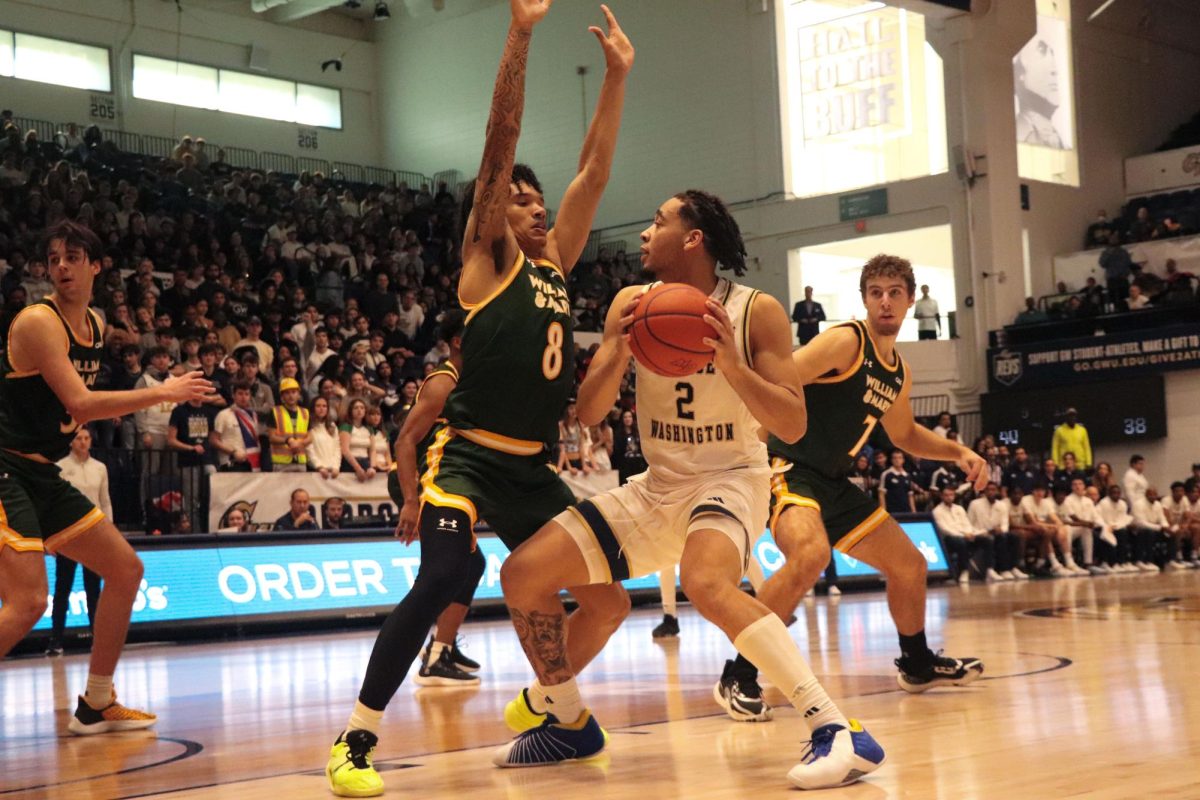On ABC’s Sunday morning panel show This Week, panelist George Will quoted Charles de Gaulle in saying, “Nations do not have permanent allies or permanent enemies. Nations have permanent interests.” Replace the word “nations” with “universities,” and you can easily understand the current situation with the Atlantic Coast Conference invading the Big East.
While talk of loyalty and allegiance is noble and admirable, those traits are non-existent in the big-money world of college athletics. If Miami decided to fend off the ACC’s overtures and stay in the Big East, it would make a lovely story. But if you think that’s going to happen, I have some Enron stock to sell you.
In the next week, Miami president Donna Shalala is going to take her football empire and join the ACC. Syracuse and Boston College will follow, and the Big East will look like Atlanta after Sherman rolled through.
Big East President Mike Tranghese has very publicly pleaded with Miami, using the old-fashioned guilt trip. Speaking in reference to the extra money Miami will make by switching conferences, Tranghese said, “Is that worth providing a body blow to a group of schools who were there when no one else wanted Miami? When we extended the invitation to Miami (in 1990), there was no one else there.”
I believe the expression goes, “What have you done for me lately,” not, “What did you do for me 13 years ago?” Of course extra money is worth screwing the Big East, because once Miami leaves, it’s not their problem anymore.
Just how much extra money Miami pockets is a point of some contention, but it really doesn’t matter. The Big East claims that Miami will only garner an extra $1 million (good lord, we’re desensitized). But even that extra million will help the Hurricanes, who have actually lost money in the past few years in their overall athletic program despite making big-time BCS dough from football.
Miami is a private school, one of only 11 among the 63 BCS schools, meaning scholarship costs are comparatively higher. They also play in the Orange Bowl, which is city-owned, meaning the school makes little from those games. Any extra money helps when you’re losing money ($1.4 million in the 2001-2002 academic year), so it’s hard to fault Miami for leaving.
It’s also hard to fault the ACC. As a GW student, I have often woken up on Saturdays in the fall, turned on my television and then been horrified to see Virginia vs. North Carolina State as the ABC regional football game. Florida State is the ACC’s only great football power and the Seminoles have had some off years recently. Adding three more solid football schools is a no-brainer for the ACC, who will also have a conference championship game for the first time (read: even more piles of cash).
The five football schools from the Big East have made one last attempt to prevent this from happening by using that great tool modern America has fallen in love with: the lawsuit. They are suing Miami and Boston College, claiming those two schools promised to stay in the Big East while at the same time conspiring to leave. Syracuse was left out of the lawsuit because they apparently never promised to stay in the first place.
I’m no legal expert, so I can’t judge the viability of this lawsuit, but it seems self-defeating. If it succeeds and Miami and Boston College are forced to stay in the Big East, that’s going to be one dysfunctional conference.
And can the courts keep these schools in the Big East forever? I doubt it. The best-case scenario for this lawsuit seems to be only delaying the inevitable for another year or so.
Once they bolt from the Big East, Tranghese will probably stop talking about loyalty and go raid other conferences to restore his own. A number of overhaul scenarios have been projected, many of which could affect the Atlantic 10.
Our own athletic director, Jack Kvancz, told the Hatchet in a May 19 article: “If everybody (in the A-10) hung tight, and that’s a very difficult thing to do because we all have responsibilities on our own campuses, I think you could be pleasantly surprised. If you can get the loyalty, we should stand strong and say, ‘If something happens to the Big East, maybe there’s a few teams there we’d want.'”
The A-10 picking teams from the Big East like a lion picking away at a dead elephant seems wildly optimistic to me. It appears more likely that any combination of Xavier, Temple, St. Joseph’s and Dayton would be invited to leave the A-10 and join another conference, possibly the Big East. That’s a conference with better name recognition than the A-10 and a postseason tournament in Madison Square Garden. The fact is, a school is only loyal when it has no better options, and these schools would have better options.
Unfortunately, this whole affair isn’t happening in the mid 1990s when GW had one of the better A-10 men’s basketball programs under coach Mike Jarvis. During that time, we might have been one of the schools invited to a new Big East. But our program is just beginning to rebuild under Karl Hobbs and it seems that by the time we’re good again (which many of us are sure will happen), some of the best competition in our own conference will be gone.
When the domino effect from the ACC-Big East fiasco plays out, the A-10 and GW cannot look at anyone as an enemy or an ally. Rather than being upset with other conferences, or looking for loyalty from the best schools in our own conference, we should be looking to raid the best teams from smaller conferences when this all goes down. It seems like an awfully cruel approach, but it might be the only way we can survive the impending shake-up.







